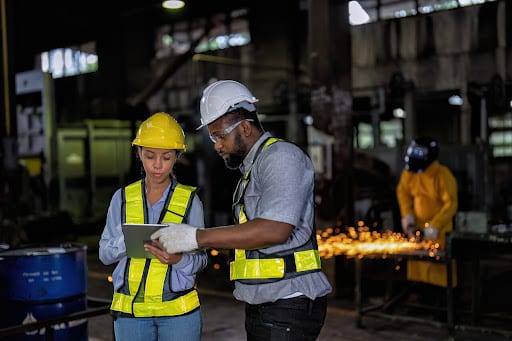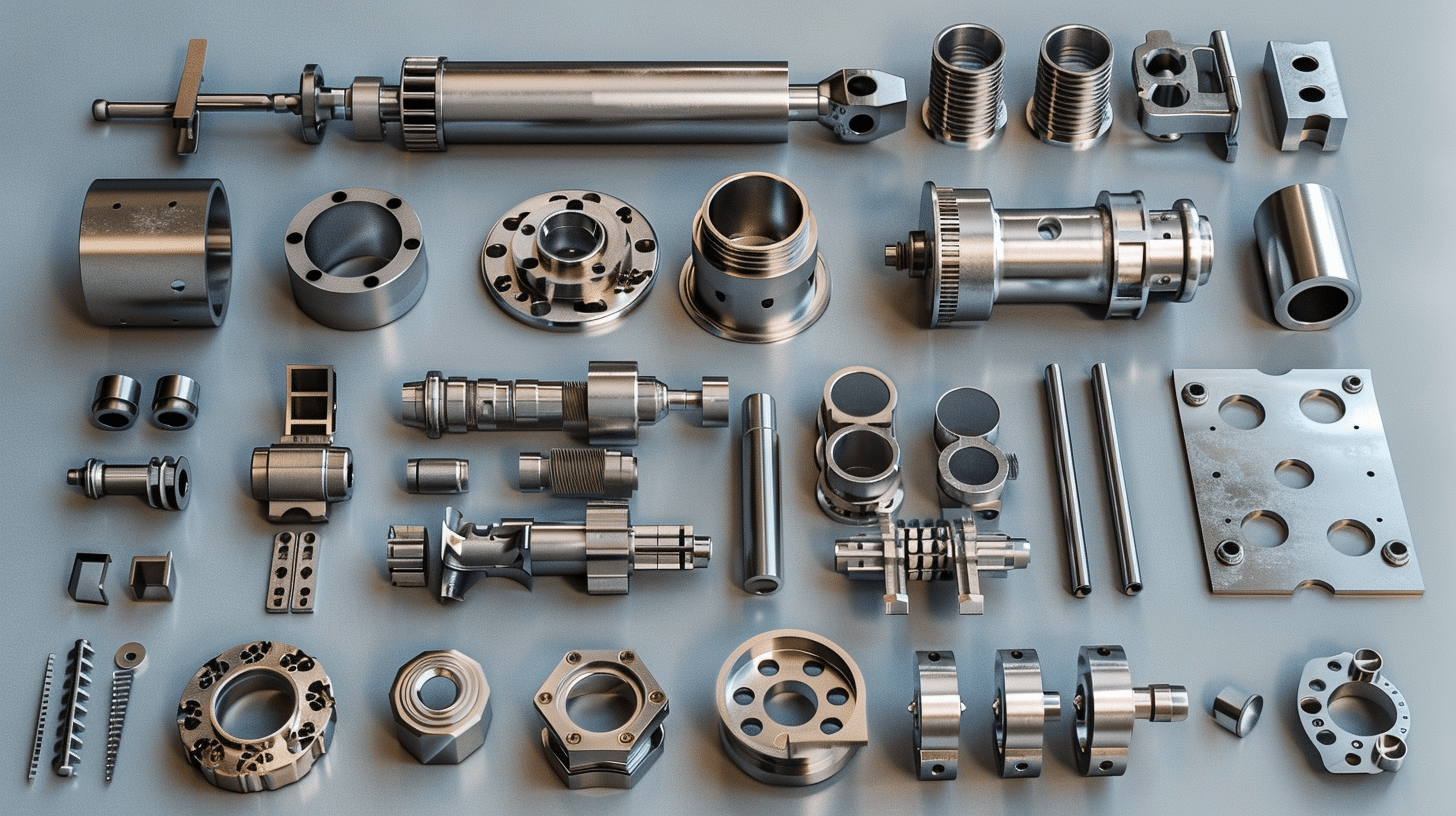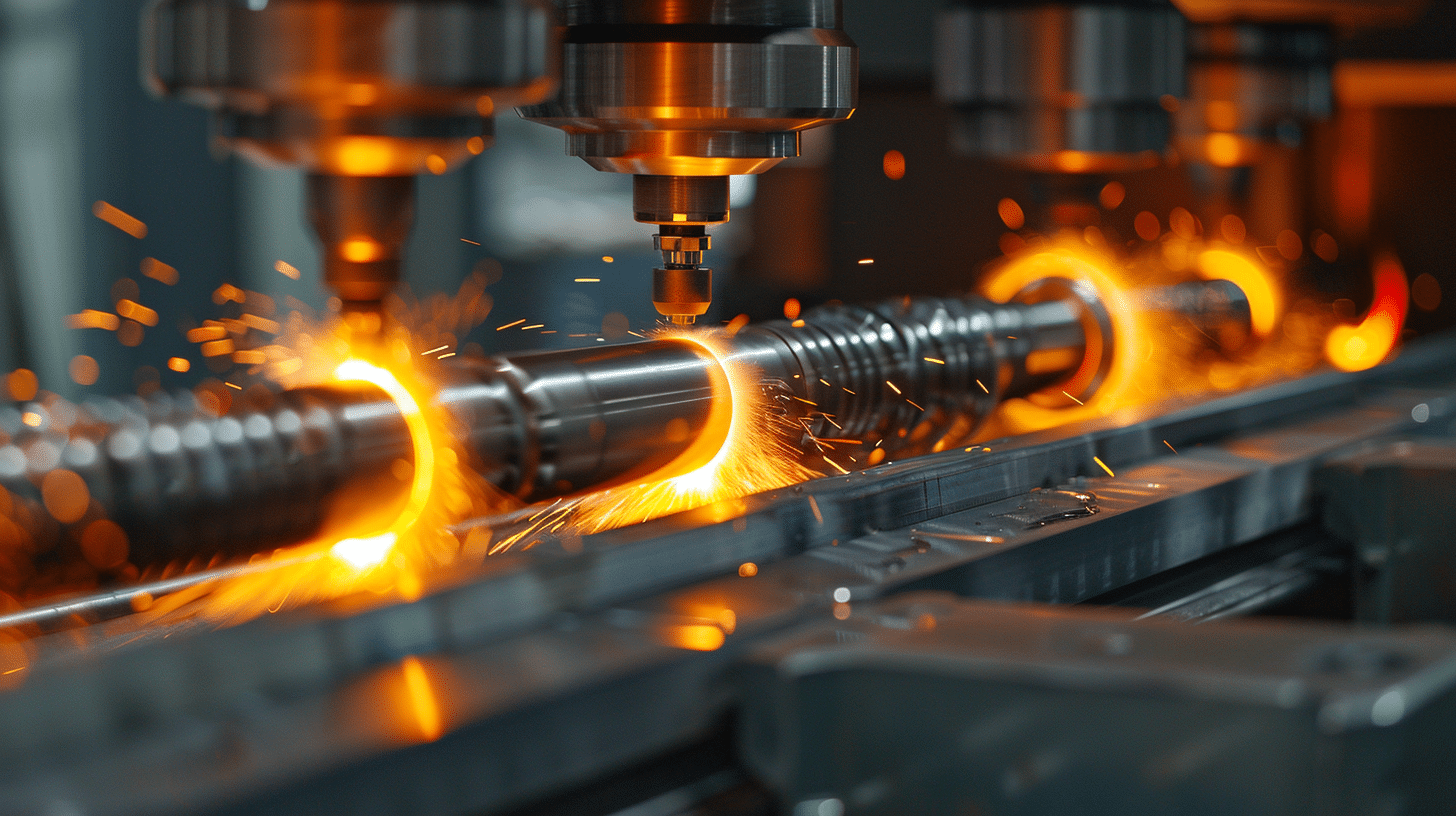Are you a business owner considering contract manufacturing for your company? In this article, we break down the various expenses you can expect when engaging in contract manufacturing. From raw material expenses to labor costs and transportation fees, we provide you with a comprehensive overview of the financial aspects involved.
Production Cost in Contract Manufacturing
The production cost in contract manufacturing is influenced by various factors, such as the cost of raw materials, labor, and administrative costs. It is essential for businesses to carefully consider these factors and work closely with contract manufacturers to optimize performance without compromising on quality.
Additionally, overhead costs play a significant role in determining the production cost. These costs include expenses such as rent for the production facility, utilities, insurance, and maintenance. Contract manufacturers need to factor in these overhead costs when calculating production costs. By understanding and managing these costs effectively, businesses can navigate the world of contract manufacturing and stay within their budgetary constraints.
What are the benefits of contract manufacturing?
Understanding Direct and Indirect Manufacturing Costs
Direct costs refer to the expenses directly associated with the production of goods, such as the cost of purchasing raw materials or components. In addition, there are direct labor costs to consider such as the wages and benefits paid to the workers involved in the manufacturing process. Meanwhile, indirect costs include variable costs such as transportation, storage, and handling fees. Indirect materials, such as packaging materials or supplies needed for production, also contribute to the overall manufacturing costs. Additionally, indirect labor costs may include the salaries of supervisors, contractors, or support staff.
Raw Material Expenses
Direct material costs are a significant component of the overall cost of bringing a product to market. While contract manufacturers typically handle purchases of material in bulk to lower the average unit cost, fluctuations in the prices of raw materials can impact the amount of product a company can afford to produce.
The price of raw materials can vary depending on their type and quality. Usually, contract manufacturers have a network of trading partners which allows them to carefully evaluate and negotiate the pricing and availability of a wide range of raw materials. This helps ensure the cost of materials is kept low in comparison to traditional methods of manufacturing.
What types of industries use contract manufacturing?
Labor Costs in Contract Manufacturing
Labor costs can vary depending on factors such as the complexity of the production process, the skill level required, and the location of the manufacturing facility. When calculating direct labor costs, it’s crucial to consider the number of employees needed and the hourly labor rate. In a contract manufacturing pricing model, labor costs are typically included as part of the overall production process. The contract manufacturing agreement will outline the hourly rate or cost of labor, which is an essential aspect of budgeting for your project.
Machinery and Equipment Expenses
The cost of purchasing and maintaining equipment can vary greatly depending on the size and complexity of your manufacturing facility. Nonetheless, high-quality machinery can substantially enhance operational performance, ultimately saving companies time and money.
One of the biggest advantages of contract manufacturing is that it allows companies to avoid the cost of production related to the acquisition of machinery for manufacturing purposes. This allows companies to reduce contract costs and liabilities while also maximizing their budget and production efficiency.
Complexity of Product and Production Volume
The complexity of your product and the volume of production will impact the effectiveness of your manufacturing processes. Complex products may require specialized equipment, skilled labor, and longer production times, all of which can increase the expenses associated with manufacturing. Production volume is another factor that can influence the costs of contract manufacturing.
Higher production volumes often lead to economies of scale, where the cost per unit decreases as the volume increases. This is because fixed costs, such as setup and labor, can be spread over a larger number of units. This means that lower production volumes may result in higher costs per unit due to the inability to take advantage of economies of scale. It’s essential to consider your production volume when negotiating with contract manufacturers to ensure you’re getting the most cost-effective solution.
Difference between contract manufacturing and outsourcing
Level of Customization Required
The more customization required, the more time and resources will be needed to meet your specific product specifications. For example, if your product requires unique molds or specialized equipment, the manufacturer may need to increase development costs to acquire additional tools or modify existing ones.
Time is money in the manufacturing industry, and any delays can result in increased costs. This means that customized products may require smaller production runs while also necessitating a higher cost of processes. Therefore, companies should carefully evaluate the trade-off between customization and cost savings to ensure the economic costs of customization are worth it.
Transportation and Logistics Costs
Transportation and logistics costs are associated with the movement of products from the manufacturing facility to its final destination, whether it’s a distribution center or directly to the customer. Proper management of fulfillment costs allows you to better estimate the overall costs of your contract manufacturing project.
Transportation costs include expenses related to shipping, such as freight charges, customs fees, and insurance. The cost of transportation can vary depending on factors such as the distance between the manufacturing facility and the final destination, the weight and size of the product, and the mode of transportation chosen. For example, shipping by air may be faster but more expensive compared to shipping by sea.
Logistics costs encompass expenses associated with managing the flow of goods, including storage, handling, packaging, and inventory management. These costs can add up and significantly impact the overall budget, so it’s important to work closely with your contract manufacturer to optimize logistics processes and minimize unnecessary expenses.
International Manufacturing Facilities
In addition to cost savings, international manufacturing facilities can provide access to a wider range of resources. Different countries may have unique resources or specialized manufacturing capabilities that can enhance the production process and improve the quality of the finished product. By tapping into these resources, businesses can gain a competitive edge and meet the specific demands of their customers more effectively.
Establishing operations in a foreign country requires understanding and complying with local regulations, standards, and cultural norms. This may involve additional expenses for legal and consulting services, as well as the cost of training and educating employees on international business practices. It’s crucial to conduct thorough research and analysis to ensure that the benefits of expanding internationally outweigh the costs and risks involved.
How to offer industrial subcontracting services to Americans?
Find a Contract Manufacturer
You can maximize your financial resources and ensure smooth operations by partnering with contract manufacturing experts. At Alpha Contract Manufacturing, we specialize in providing business owners and entrepreneurs with the manpower, technology, and know-how to bring finished products to market in an efficient and cost-effective manner.
Together, we can improve your supply chain performance by carefully assessing explicit and implicit costs to find out which outcomes work best for your company. Feel free to contact us to learn more about the different ways in which we can empower your company to increase its production capabilities.







